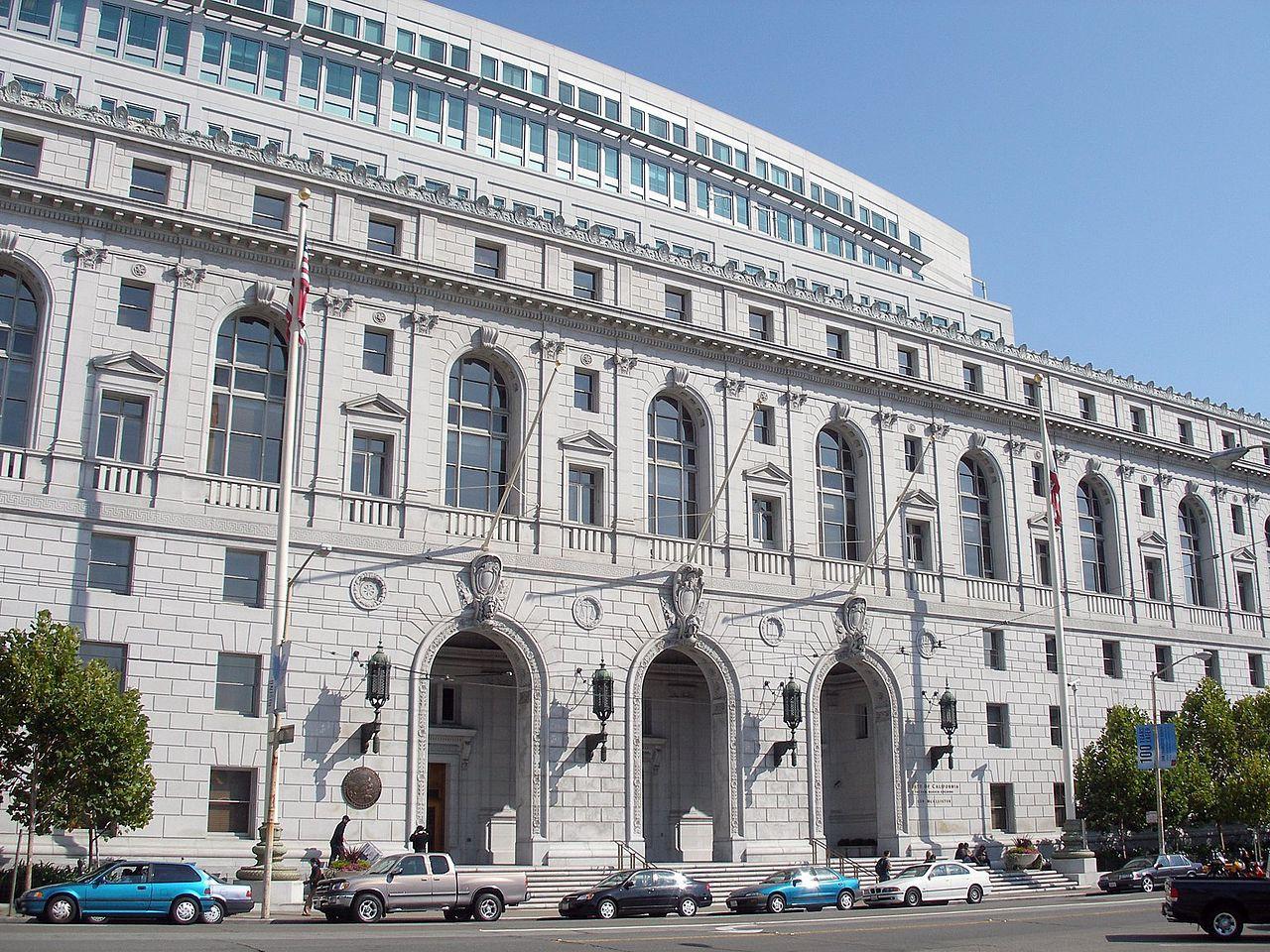California Supreme Court finds “discriminatory bias” in prosecution’s use of peremptory jury strikes
The California Supreme Court overturned the 2012 convictions of three men after finding that Kern County prosecutors used peremptory strikes in a discriminatory manner to keep Latinos off their jury. According to the Los Angeles Times, “The unanimous decision, written by Justice Mariano-Florentino Cuéllar, appeared intended to send a clear signal to prosecutors, defense lawyers and the […]

The California Supreme Court overturned the 2012 convictions of three men after finding that Kern County prosecutors used peremptory strikes in a discriminatory manner to keep Latinos off their jury.
According to the Los Angeles Times, “The unanimous decision, written by Justice Mariano-Florentino Cuéllar, appeared intended to send a clear signal to prosecutors, defense lawyers and the lower courts that charges of racially motivated juror exclusions must be taken seriously.”
The ruling is also a blow to Kern County District Attorney Lisa Green, who insisted that her prosecutors did nothing wrong in the case. Green must now decide whether to retry Rene Gutierrez, Jr., Gabriel Ramos, and Ramiro Enriquez, who were tried and convicted for shooting Clarence Langston in Bakersfield. Langston survived the shooting. Gutierrez was sentenced to prison for 30 years to life, plus 27 years. Enriquez was sentenced to prison for 14 years to life, plus 25 years. Ramos was sentenced to prison for 5 years
During jury selection, the trial prosecutor struck ten Latinos from serving on the jury. The defendants raised a joint Batson/Wheeler motion, “contending that the prosecutor had improperly excluded prospective jurors on account of Hispanic ethnicity.”
Although the trial court agreed that the defendants had established a prima facie claim of discrimination, the trial court ultimately denied their motion after “finding the prosecutor‘s reasons to be neutral and nonpretextual.” The Supreme Court found that the record did not support a finding “that the trial court met its obligations to make ‘a sincere and reasoned attempt to evaluate the prosecutor’s explanation,’” as is required under Batson, Wheeler, and their progeny.
The ruling is particularly significant because of the infrequency with which appellate courts have overruled trial court findings that no discrimination took place during jury selection. In his concurring opinion, California Supreme Court Justice Gordon Liu noted that this was the first time in 16 years, and only the second time in 25 years, that the California Supreme Court overturned a ruling based on discrimination in jury selection.
According to The Open File, a website run by “an informal collection of lawyers, law professors, law students and policy advocates who are concerned about prosecutorial misconduct,” the California decision was particularly notable because of “the careful attention the justices gave to the record and to what actually happened in the proceedings below. Rather than filling in the record’s gaps with untethered assumptions that amplify the deference already owed to trial court decisions, the Court looked at them squarely and made clear that they cannot be written off in the prosecution’s favor.”
